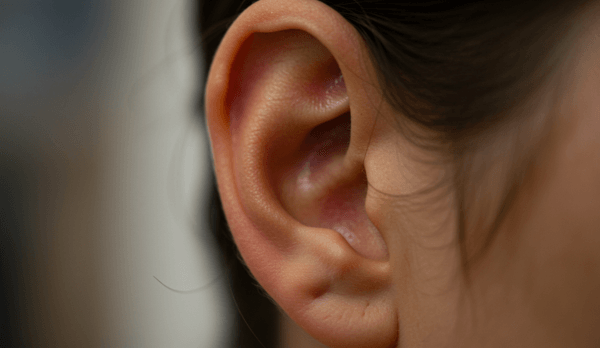Diagnosis and Treatment for Eardrum Perforation in London
Refers to a tear or hole in the eardrum (also called the tympanic membrane), which separates the outer ear from the middle ear. This condition can be caused by a variety of factors, including trauma (such as a loud noise, a foreign object in the ear, or a blow to the ear), infections (such as otitis media), sudden changes in pressure, or excessive ear cleaning. Symptoms of eardrum perforation include ear pain, hearing loss, fluid drainage from the ear (which may be clear, bloody, or pus-like), and a feeling of fullness in the ear. In many cases, small perforations heal on their own without treatment, but larger or more complicated tears may require medical intervention, such as antibiotics or surgery to repair the eardrum. If left untreated, an eardrum perforation can lead to recurrent ear infections or permanent hearing loss.
If you think you might have a hole or tear in your eardrum. Get in touch with your ENT specialist in London to book a consultation today! 020 3897 0667

